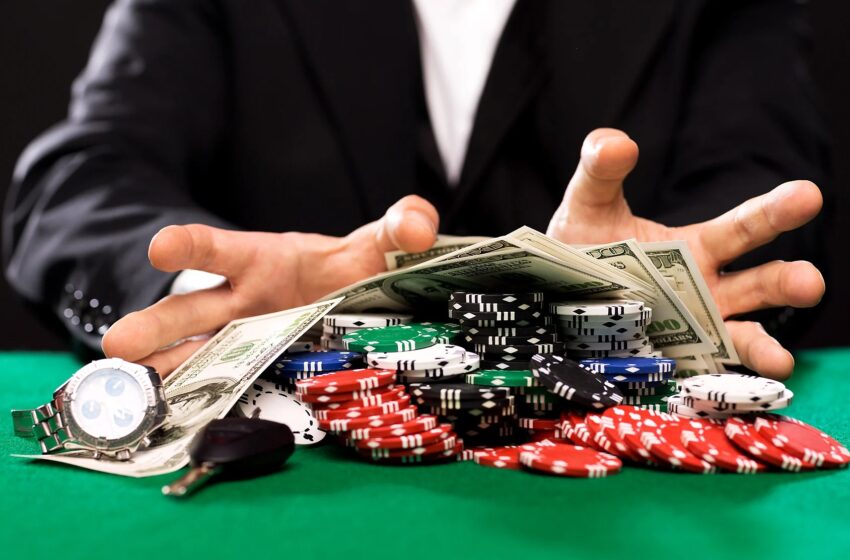How the Brain Gets Addicted to Gambling

Gambling in moderation is, for the most part, a socially acceptable activity. Addiction to gambling is a different story. A gambling addiction, if left untreated, can have a detrimental impact on your finances, relationships, and other elements of your life.
Problem gambling affects more than 2% of Americans, according to the National Council on Problem Gambling. You may have an overwhelming impulse to buy lottery tickets, visit casinos, play slot machines, wager on sports, or gamble online on a daftar situs judi slot online terpercaya if you have gambling addiction. Your gambling activity may vary in terms of nature and frequency. However, you will be unable to manage that behaviour in general. Even if there are unfavourable social, financial, or legal implications, you will continue to gamble. Men make up the bulk of those who have gambling addictions. Women, too, might be affected by this form of addiction.
Compulsive gambling affects 2% to 3% of Americans, and it can manifest itself in a variety of ways and places. Symptoms differ slightly between males and females, as well as teenagers and adults.
Despite the fact that men develop a gambling addiction at a younger age and at a higher rate than women, women currently account for more than a quarter of all compulsive gamblers, and women’s symptoms worsen faster once compulsive gambling develops.
Desperation for money, the need to experience thrills and highs, the social status associated with being a successful gambler, and the engaging environment of the mainstream gaming scene are all aspects that might lead to a gambling addiction. Unfortunately, once a gambling addiction has taken hold, it is tough to interrupt the habit. When someone is financially distressed and seeks to make up for what they have lost, severe addictions can develop. While the individual who finally wins may end up with a large sum of money, it is rarely enough to compensate for the money that has already been lost.
Gambling is linked to a slew of other negative consequences, both short- and long-term. Gambling addiction typically leads to the development of other addictions that serve as coping mechanisms for those who are stressed out by the activity. To cope with the anxiety that comes with the gambling lifestyle, many gamblers turn to drugs, alcohol, and other hobbies.
Even if a gambler never loses money as a result of their lifestyle, they may battle with drug and alcohol addiction for the rest of their lives as a result of self-medicating to cope with stress. Furthermore, gambling frequently causes long-term damage to relationships.
It is difficult to stop gambling, but with the help of a decent support group and a decent treatment program, it is doable. Without the guidance of professionals who have helped others go through the process previously, it can be tough to get started on the road to recovery. Friends and family who are supportive are essential for a healthy recovery, but they may not know how to best assist you.